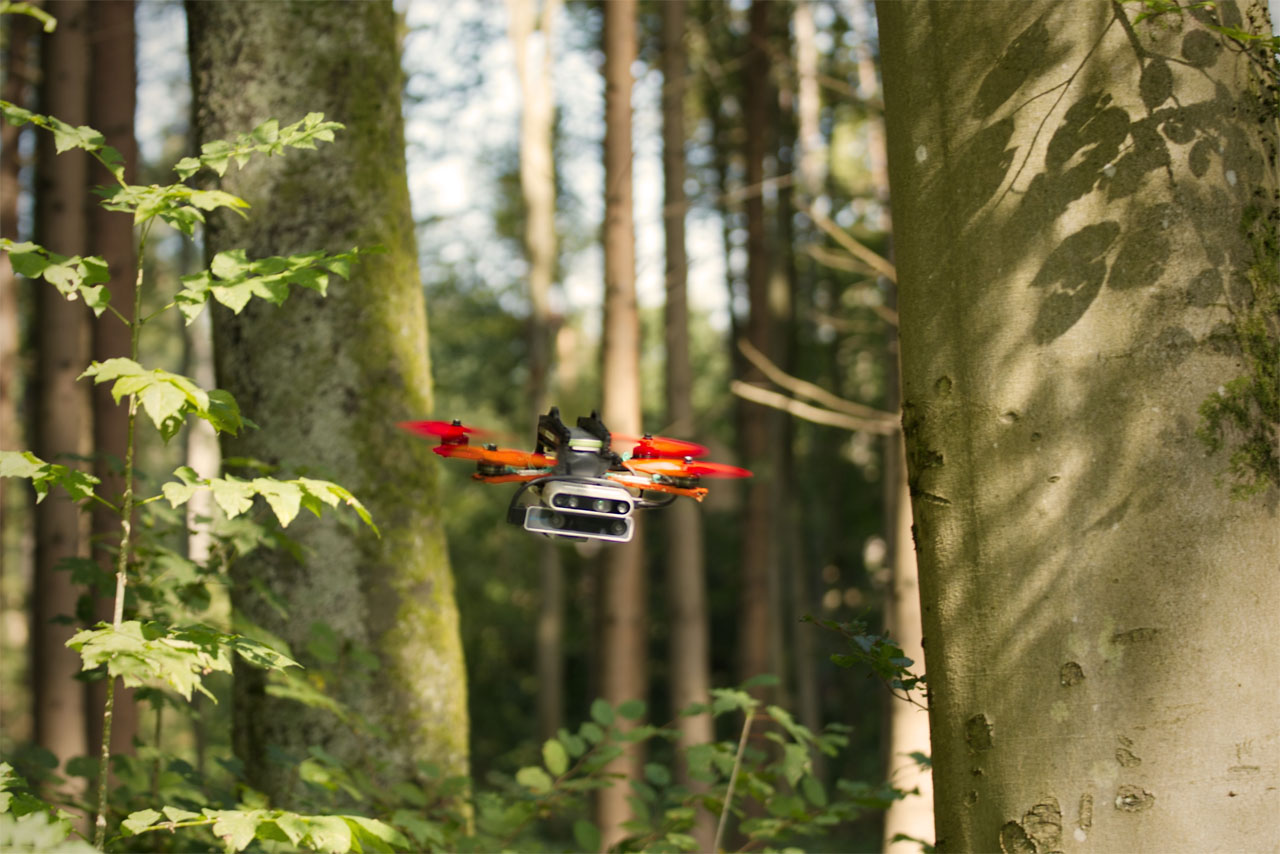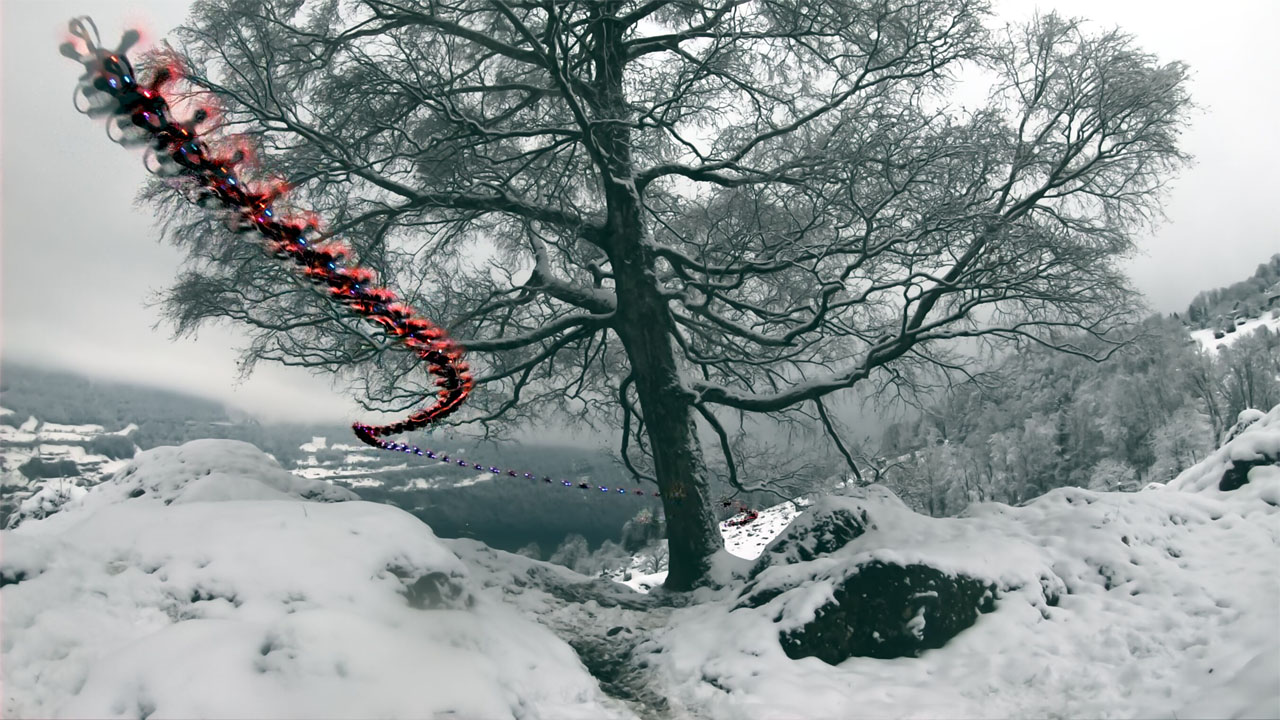AI Allows Drones To Fly At High Speeds In Unknown Environments
Researchers at the University of Zürich developed a new AI technique that allows drones to fly autonomously at high speeds through complicated and unknown environments. The drones were able to accomplish their high-speed flights using only onboard sensing and computation. Researchers believe their approach could allow drones to be more useful during an emergency or on construction sites.
The act of navigating an unknown and complicated environment for drones typically requires a map to be given to them beforehand. In these environments, human pilots are typically required for drones to realize their full potential. A new study showed researchers could train an autonomous quadrotor to fly through a complex environment like forests, buildings, rooms, and trains without having seen them before.
The algorithms allowed the drone to operate safely at speeds of up to 40 km/h without crashing into obstacles, trees, or walls. The entire process required no off-drone processing and relied entirely on the quadrotor's onboard cameras and computation. Researchers used a neural network that learned to fly by watching what the team calls a simulated expert. The simulated expert, in this case, was an algorithm flying a computer-generated drone through simulated environments packed with complex obstacles.
The algorithm was given complete information on the state of the quadrotor and readings from its sensors at all times. It was able to rely on enough time and computational power to find the best trajectory for the given environment. Researchers say their simulated expert provided a considerable advantage over existing AI systems.
Existing systems have to use the sensor data to create a map of the environment before planning their trajectory utilizing the map. That two-step process is time-consuming and makes it impossible for flight at high speed. Researchers note their breakthrough isn't limited to drones and can be used for autonomous cars and as a new way of training AI systems for operating in environments where collecting data is difficult, such as for exploration on other planets.


